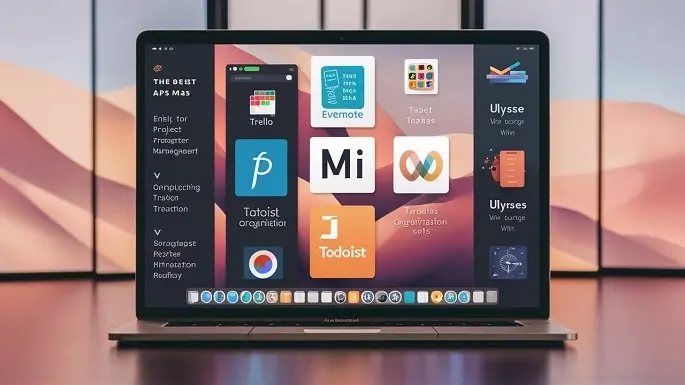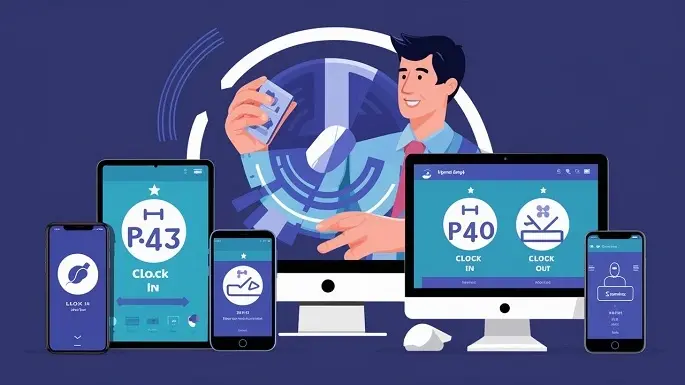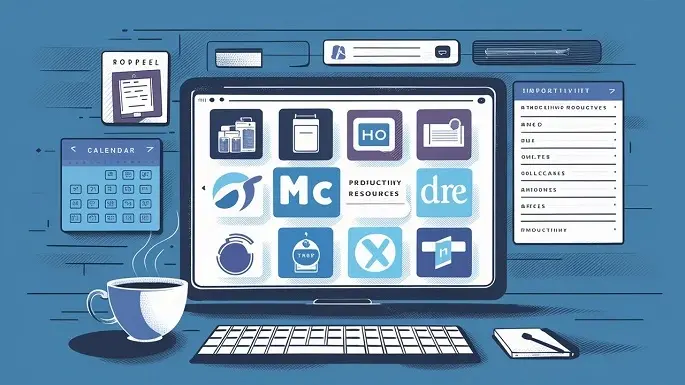Chronic overtime working beyond 80 hours per week is a stimulus for mental and physical fatigue. Yes, there are times when one feels that these kinds of hours are necessary and even unavoidable but in the long run, the idea of working extra long hours is not a very healthy one.
I have noticed that, whenever one works for more than 80 hours a week, it becomes necessary to develop a course of action that would help one to stay effective and productive but not actually ‘drop dead’ from exhaustion. Here are some tips:
Make sure that every single minute is accounted for, or as Tim Ferris put it ‘Maximise Your Time’.
If your time-tabling becomes compressed to the point where there is hardly any flexibility, then time is of the essence. Have the discipline to set some time aside to assess how you are using your time to avoid wasting it. These are things like spending too much time in meetings, getting sidetracked by emails/notifications, futile activities, or general mismanagement of our time. Where possible, attempt to reduce or cut out these time wasters as they will only serve to slow your progress down.
Stay away from the practice of interrupting concentrated efforts on a particular goal for any other task. Be flexible with your work schedule and try to dedicate your most productive hours to work on the most important tasks, to get on with the job without being interrupted during the day.
Take More Breaks
Staying at work in this fast, continuous fashion is physically and mentally draining, and therefore the performance of the workforce is bound to decline over time due to stress, brain fog, and other related effects. Take time off from work, even when you are busiest, and give yourself the time needed to relax, rest your eyes, and recharge your energy. Take a break for 5-15 minutes at least every couple of hours: stand up, stretch your legs, grab a snack, or take some time for relaxation. As paradoxical as it may sound when there is much work to be done, taking short breaks will help enhance energy and focus enabling you to work harder once you get back to work.
Set clear boundaries and avoid interruptions The primary method that can be used to maintain focus is setting clear boundaries with work and limiting distractions.
Lack of time to even comb our hair, get a shower, let alone have personal and family time means that there is no room for, or time to do anything other than work. This means you need to be very strict with the other demands on your time and try as much as possible not to waste time needlessly.
To focus on the execution phase, avoid overcommitting, and be more picky in accepting meetings and other commitments. Schedule specific times of your day and week to devote your efforts towards your priorities. Such apps and sites, including social media and news, should only send their notifications at particular times that do not interfere with the time you need to focus. Avoid petty issues that will only make you waste your time and energy which could have been well spent on more important matters.
Outsourcing and delegation are two of the most important management techniques that any business can use.
It was a good concept, but no one can work 80+-hour weeks at a quality level for an extended period. Look for any of the opportunities you can blind yourself for any responsibilities that you can outsource or delegate. This will also ease part of this pressure while also allowing the utilization of other peoples’ ideas.
That means even simple things such as setting up meetings, processing receipts, or looking for contractors could probably be delegated to save more of that time for more important purposes. Search for ways to delegate such chores to capable assistants, interns, freelancers, or smart software and take away items that do not need immediate attention from your overcrowded to-do list.
Don’t Neglect Health Basics
Sometimes you may find yourself struggling with numerous tasks and decide to skip a meal, forego sleep, or work extra hours, a decision that will only worsen the level of stress you are experiencing as well as compromise your productivity. Do not let the 80-plus hours you dedicate to work take a toll on your health, ensure that basic healthy habits are practiced.
Consciously plan a reasonable amount of time to sleep by scheduling it as an important activity in your day just as you would any other appointment and ensure that you do not compromise on that time by engaging in other activities. You must eat healthy snacks so you would have time for regular balanced meals even though they are very hurried. If possible, incorporate some form of physical activity even if it is for just 30 minutes, or do some exercise, take a walk outside, or even stretch. It is important not to let yourself go and keep up with the good habits even when life becomes more demanding.
Outline the Feasible Sustainability Solution
It is not feasible to work more than a few extra hours each week, at least not for the majority of individuals. If you have become overworked, it is advisable that you set a realistic time frame to bring down your hours to an acceptable level. It is extremely important to set clear goals and deadlines so that workers can decrease the working pace as large-scale tasks come to an end.
Be open with managers when the extreme hours are no longer sustainable, for them to find a better solution. Ensure strict control of the working hours, particularly after the crisis has emerged and needs to be mitigated, it is useful to avoid working on evenings and weekends. Understand your body's needs and when it is time to say no to overtime even if it means turning down that big bonus. Don’t let yourself get to a state where you one day wake up empty, with no strength left to go on.
When you work extremely long hours for a long period it becomes difficult in both the work setting as well as in your personal life. Although it is normal to do so during busy times, it is advised to be more purposeful when implementing methods that can help you regulate your energy, attention, and overall health. The tips mentioned above may get you through the day and allow avoiding total tiredness but with higher productivity. However, learn your abilities and constraints – you should never allow the job or the project to drag you to an early grave.



